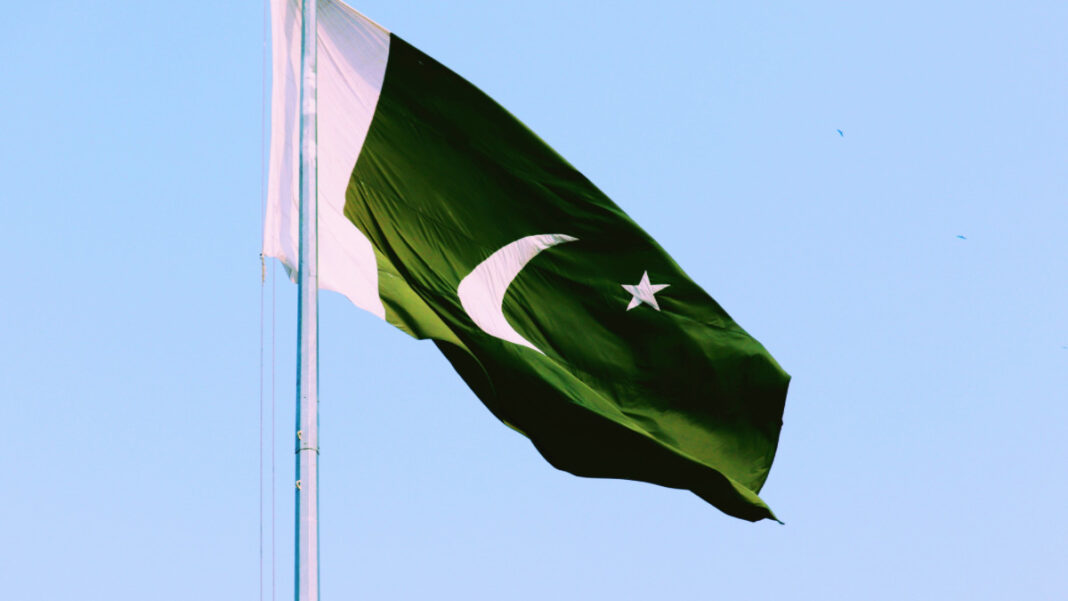PAKISTAN: A suicide bomber detonated himself inside a crowded mosque in a heavily guarded security perimeter on Monday, killing 100 people, mostly police officers, the latest in a series of attacks targeting police.
Suicide bomber kills 100 in Pakistan
“It was a suicide bombing,” said Ijaz Khan, chief of Peshawar Police in Pakistan. At the time, he claimed, the mosque hall was crowded with up to 400 worshippers.
The blast, which destroyed the mosque’s upper story as hundreds of worshippers offered noon prayers, left at least 170 people injured. Due to Peshawar’s security issues, a mosque was recently constructed so that police officers may pray without leaving the region.
The bomber was in the front row of the prayer hall when he struck, said Khawaja Asif, the defence minister. Senior local government official Riaz Mahsud said that as rescuers combed through the rubble just over 24 hours later, the number of casualties would undoubtedly increase.
“So far, 100 bodies have been brought to Lady Reading Hospital,” said Mohammad Asim, spokesman for the largest medical facility in the city.
The attack, which took place in the Police Lines district, was the deadliest in ten years to strike this uneasy city in the northwest, close to the Afghan border, and it coincides with an increase in police-related violence. No organisation has claimed responsibility.
The Police Lines district is a colonial-era, self-contained encampment in the heart of the city that houses middle and lower-ranking police personnel and their families.
The assailant appeared to have passed through multiple barricades monitored by security personnel to enter the “Red Zone,” which houses the police and counterterrorism offices in the tense northwest city of Peshawar.
Authorities said they do not know how the bomber was able to breach the military and police checkpoints leading into the district. An investigation into how the attacker got through such a high-level security perimeter and whether there was any inside assistance is currently underway.
The attack is the deadliest in Peshawar since two suicide bombings at All Saints Church in September 2013—the bloodiest attack on Pakistan’s Christian minority—which killed dozens of worshippers.
Peshawar is located on the outskirts of the Pashtun tribal regions, which have been plagued by conflict for the past 20 years.
The Pakistani Taliban, also known as Tehreek-e-Taliban Pakistan (TTP), an umbrella organisation comprising Sunni and sectarian Islamist factions opposed to the government in Islamabad, is the most active insurgent organisation in the region.
The TTP has denied involvement in the bombing that occurred on Monday, despite the fact that it has increased attacks since walking away from a peace agreement with the government last year.
The blast took place a day before an International Monetary Fund (IMF) mission was scheduled to visit Islamabad for negotiations on a stalled $7 billion bailout.
Also Read: Southern Spain Machete Attacks at Churches Kills One, Leaves Several Injured



